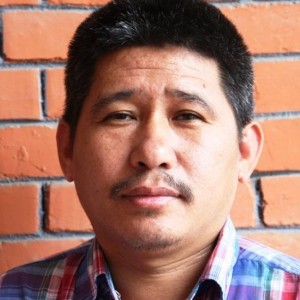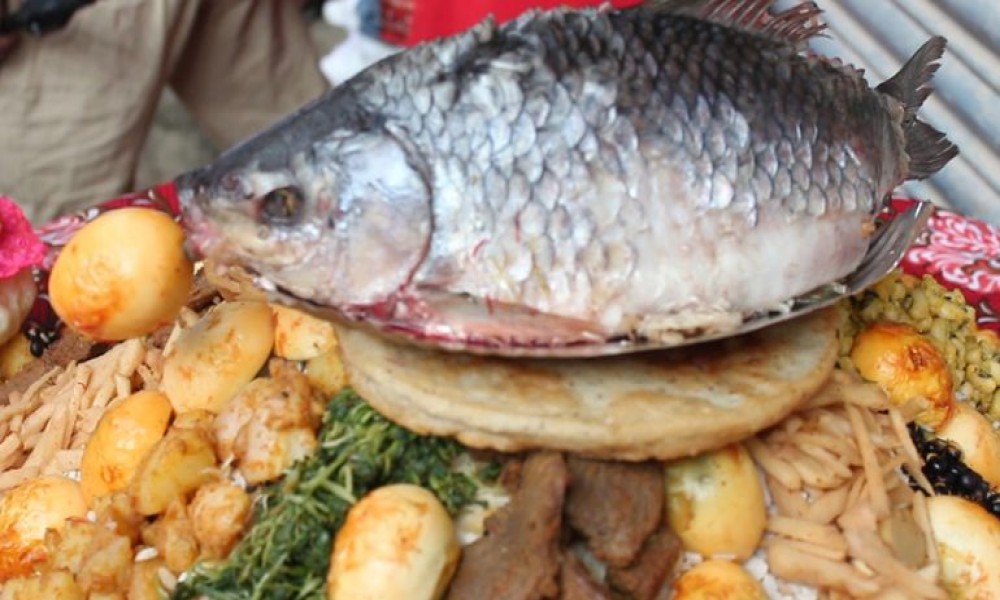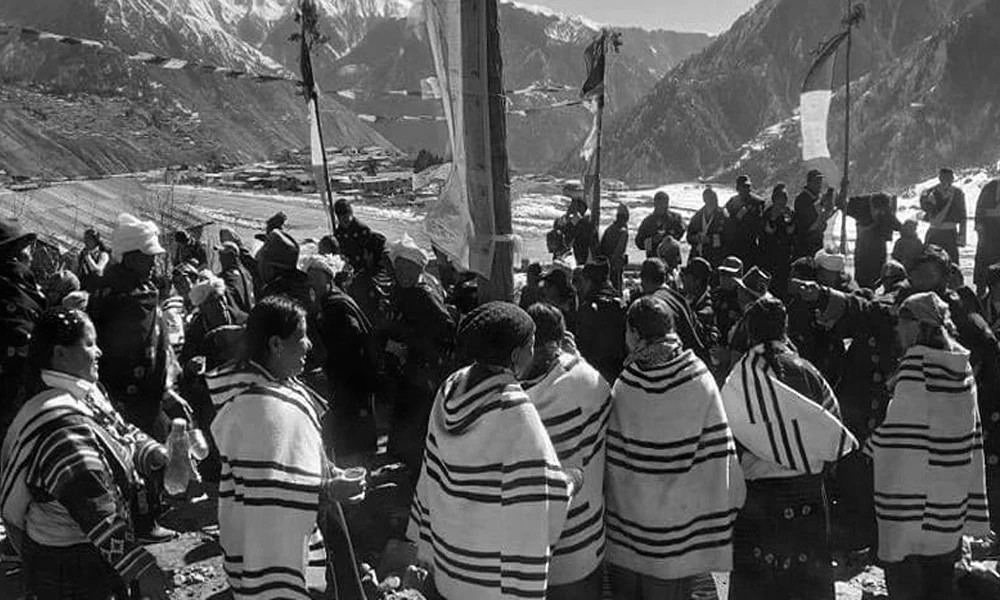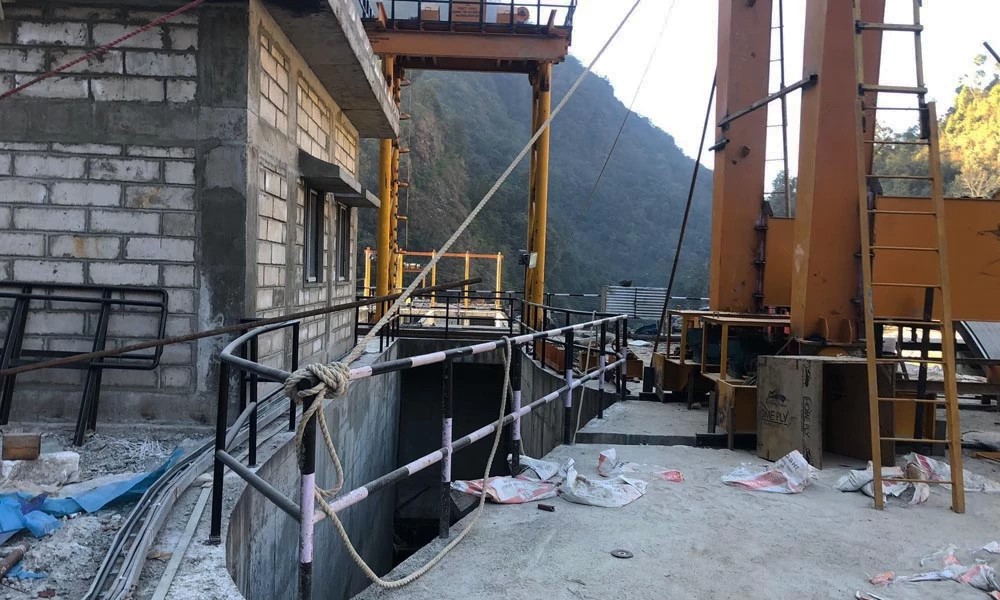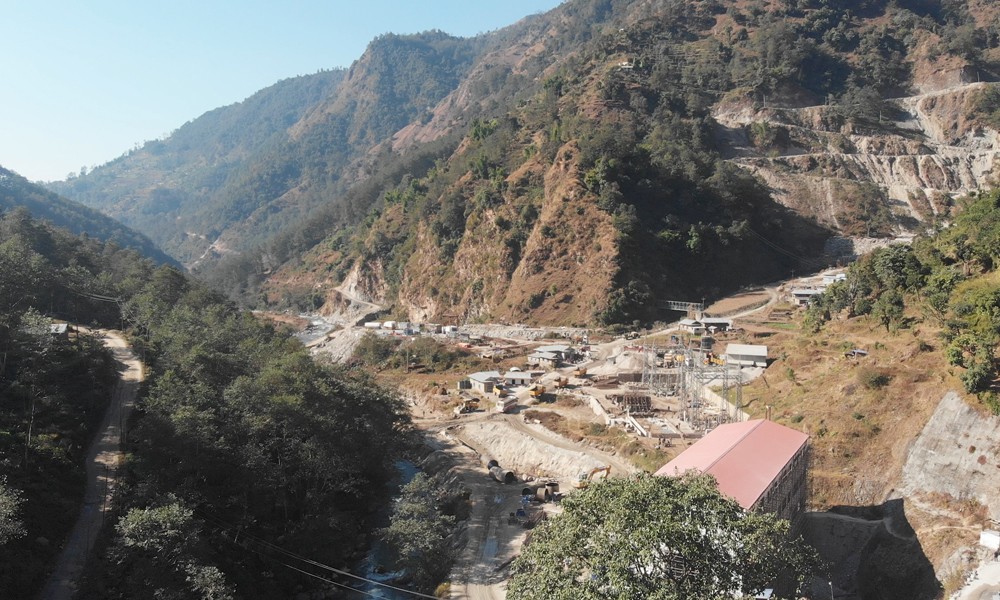As the world goes into a lockdown to minimize the spread of the contagious coronavirus, some are reverting to indigenous tradition to keep humanity alive and functional. They are seeking to revive a lifestyle based on indigenous knowledge.
Dr Lal Rapcha, who has been researching on indigenous knowledge, says: "Indigenous knowledge is shaped by the lived experience and practices of our ancestors, so it is very much scientific. Our ancestors had built a vast repository of knowledge to solve their problems. But that was lost or forgotten as people increasingly turned to modern science and methods. It is good to know that people have turned to indigenous knowledge and practices in the wake of the COVID-19 pandemic."
Indigenous knowledge is shaped by the lived experience and practices of our ancestors, so it is very much scientific. Our ancestors had built a vast repository of knowledge to solve their problems.
Ajit Man Tamang, Vice President of Nepal Tamang Ghedung, says: "Totala flower (Oroxylum indicum) is an integral part of every ritual in Tamang culture. It can also be considered an example of our indigenous knowledge."
He adds: "Indigenous knowledge is being used in all our rituals and cultural activities. It can also be found in our food, occupation and lifestyle. All our cultural festivals are shaped by the scientific logics of indigenous knowledge."
Indigenous rights activist and researcher Jaya Shiwahang says: "Indigenous knowledge is communicated through mother tongues spoken by indigenous communities. If we want to understand the importance, meaning and subtext of indigenous knowledge, we have to understand the language in which it exists. Therefore, it would be important to preserve and promote mother tongues to increase the use of indigenous knowledge."
He adds: "But government policies are not in favor of preserving mother tongues, which are dying fast. If a mother tongue is lost, all indigenous knowledge that exists there is also gone."
Indigenous knowledge is relevant and important all the time, not just during a pandemic like this. Indigenous knowledge tells us that our ancestors were far advanced than us in term of traditional knowledge. We should not discard such time-tested knowledge.
Kngawang Sonam Sherpa, a researcher on indigenous knowledge, argues that indigenous knowledge does not belong to Indigenous Peoples alone. He says indigenous knowledge is public heritage, and it should be preserved by the State.
Sherpa says: "Nepal has signed Convention on Biological Diversity, UN Declaration on the Rights of Indigenous Peoples and ILO Convention-169, which have established indigenous knowledge as people's rights. Therefore, it is the State's responsibility to preserve indigenous knowledge."
He adds: "Indigenous knowledge is relevant and important all the time, not just during a pandemic like this."
Indigenous knowledge smells like soil because it has originated and evolved on our own soil for thousands of years. One needs no imported equipment to use it. Our indigenous knowledge can be used with our own local resources. Indigenous rights activist Jaya Shibahang adds: "Indigenous knowledge tells us that our ancestors were far advanced than us in term of traditional knowledge. We should not discard such time-tested knowledge."
Ajit Man Tamang, Vice President of Nepal Tamang Ghedung, says it would not be right to dismiss indigenous knowledge as unscientific and superstitious. He says: "Indigenous knowledge is relevant even today."


